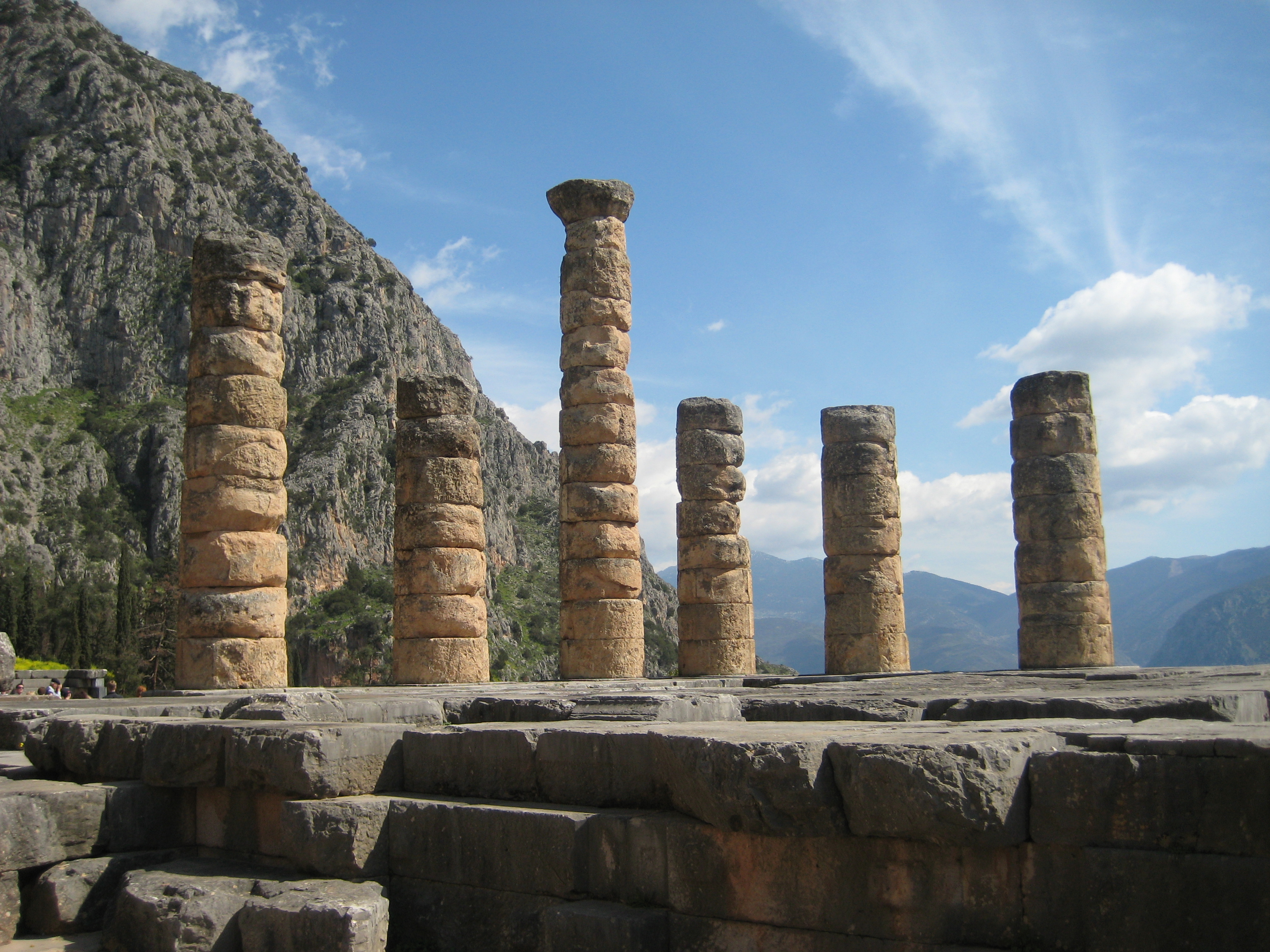
The temple of Apollo at Delphi
Wikipedia, Patar Knight, 2009
These messengers were sent to test the knowledge of the oracles, that, if they were found really to return true answers, he [Croesus] might send a second time, and inquire if he ought to attack the Persians.
Herodotus
